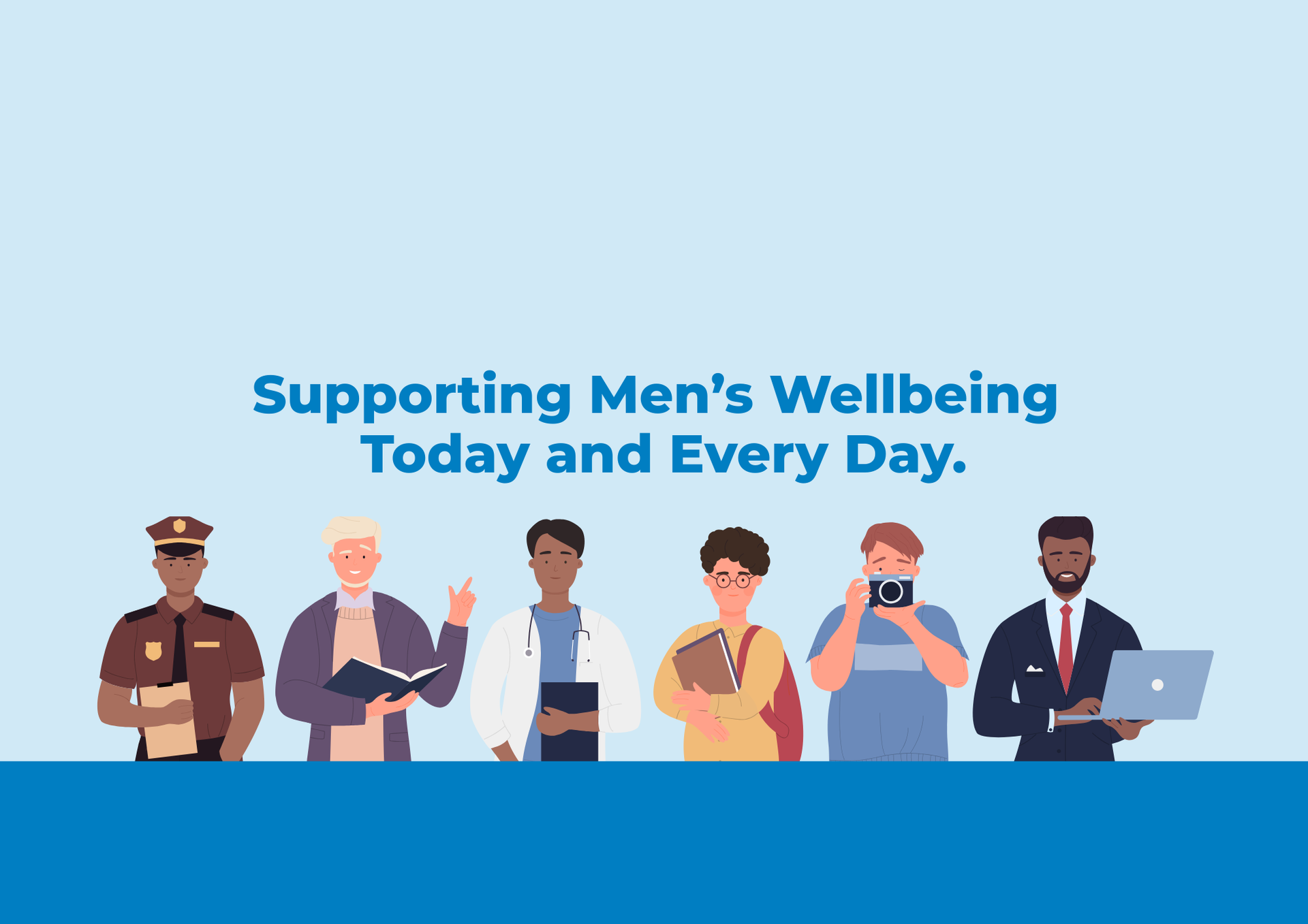Why seeking help is a sign of strength?
February 27, 2025
When it comes to asking for help, many of us hesitate. But why? Why do we hold back when we don’t even know how others will respond? The answer could be a simple "yes" or perhaps a "no," but regardless, it’s always worth asking.
Instead, we often choose to struggle alone rather than reach out. Here are some common reasons why, as highlighted by Professor Manfred F.R. Kets de Vries in the Harvard Business Review (2023):
Fear of appearing vulnerable
– For some of us who feel uncertain about ourselves or are deeply concerned with how others perceive us, asking for help can feel challenging. We worry that it will make us seem less capable or independent. Sometimes, we may also experience self-doubt, fearing that others will question our abilities. As a result, we might distance ourselves from others and try to handle everything on our own.
Fear of rejection – Many of us tend to overestimate the chances of hearing 'no' when we ask for help. If we tie rejection to our self-worth, it can feel like a significant barrier. However, it’s important to remember that there are many reasons someone might not be available to help, and it’s NOT a reflection of our value or worth.
The need for independence – When prioritising self-reliance and independence, asking for help can feel uncomfortable. For many of us, cultural or family influences may have shaped the belief that we should be able to handle everything on our own. We’re used to navigating challenges solo, and situations that require teamwork can feel unfamiliar or even tricky. Therefore, reaching out for support can feel like a big step, but remember that it doesn’t diminish our independence.
Lack of trust in others (and even in ourselves!) – Some of us hesitate to ask for help because we're unsure if we'll receive the support we need, or we may question whether others truly care or if we’re worthy of support. Past experiences—whether feeling dismissed, let down, or unheard—can make it hard to trust others and sometimes even ourselves. We may worry about being a burden or fear that seeking help will make us seem selfish or dependent. Over time, this can lead to prioritising others’ needs while ignoring our own.
The Truth? You’re Not Alone.
These feelings are valid—and trust me, I get it. I’ve been there too. I’ve hesitated, convinced myself I should handle everything alone, and ended up completely burned out. But here’s what I’ve learned:
Seeking Help = Strength, Not Weakness
Change is hard. Think about how many times we set goals (like going to the gym consistently) and struggle to stick with them. But growth isn’t about getting it right all the time—it’s about taking small steps forward.
Did you know that asking for help actually makes you stronger? According to Core Confidence (2024), real strength comes from knowing your own abilities and allowing others to contribute theirs. By playing to our strengths and leaning on the strengths of others, we create win-win situations.
Take the First Step
Start with something simple:
“Do you have a moment to help me with this?”
And be open to the possibility of hearing "no." Seeking help doesn’t mean you’re weak—it means you’re human, and you’re strong enough to make a step closer to loving yourself.
If reaching out feels too overwhelming, you’re not alone.
At Mental Health Foundation Australia, we offer low-cost to free professional and peer support services in a safe, non-judgmental environment for you to share your stories and ask for help without hesitation. We believe everyone deserves support, no matter where they are in their journey.
Don’t hesitate to talk to us—we’re all ears!
Written by Vy Nguyen





